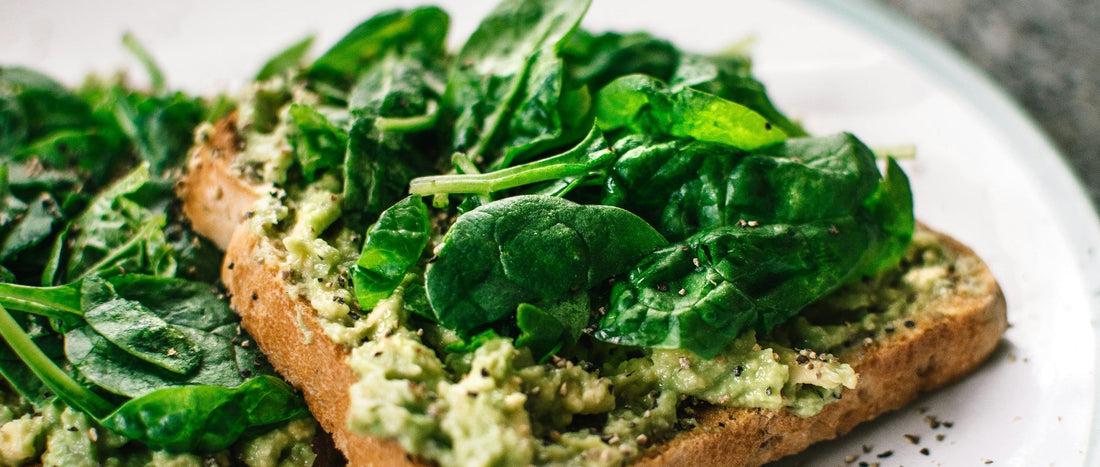Food-Mood Connection: How Your Diet Impacts Mental Wellness

Have you ever noticed how certain foods can lift your spirits, while others leave you feeling sluggish or irritable? The connection between what we eat and how we feel isn’t just anecdotal—science increasingly supports the idea that nutrition plays a critical role in mental health.
Let’s explore how the choices we make in the kitchen can transform not only our physical health but also our mental clarity and happiness.
Two Key Processes Behind the Food-Mood Connection
Neurochemical Foundations
Our brains rely on a steady supply of nutrients to produce neurotransmitters—the chemical messengers that regulate mood, focus, and emotional stability. For example, serotonin (often called the “happiness chemical”) is synthesised from tryptophan, an amino acid found in foods like turkey, eggs, and nuts. Similarly, omega-3 fatty acids, found in fatty fish, support the structural integrity of brain cells and enhance communication between neurons. When these nutrients are lacking, it can disrupt neurotransmitter production, leading to mood imbalances.
Gut-Brain Axis
The gut-brain axis is another critical player in the food-mood connection. Our gut is often referred to as our “second brain” because it houses trillions of microbes that interact with the brain through the vagus nerve and other pathways. These gut microbes help produce essential neurotransmitters, such as serotonin, and play a role in regulating inflammation—a key factor linked to depression and anxiety. A diet rich in fermented foods, fibre, and prebiotics supports a healthy gut microbiome, which, in turn, boosts mental wellness.
The Importance of a Balanced Diet for Emotional Health
A balanced diet isn’t just about physical fitness or maintaining a healthy weight; it’s a cornerstone of mental wellness. Diets high in processed foods, sugar, and unhealthy fats can increase inflammation and lead to mood swings. Conversely, whole foods packed with nutrients can stabilise energy levels, enhance focus, and improve resilience to stress.
Practical Tips for Using Food to Enhance Mood and Mental Clarity
- Aim for a variety of colours and nutrients in every meal to ensure a balance of vitamins, minerals, and antioxidants.
- Dehydration can impair mood and cognitive function. Drink water consistently throughout the day.
- Avoid skipping meals, as erratic eating patterns can lead to energy crashes and irritability.
- Replace sugary snacks with mood-boosting alternatives like nuts, seeds, or yoghurt.
Mood-Boosting Foods to Add to Your Diet
Incorporating mood-boosting foods into your daily routine doesn’t have to be complicated. Here are some superstar ingredients to consider:
- Fatty Fish: Rich in omega-3 fatty acids, salmon, mackerel, and sardines support brain health and reduce inflammation.
- Dark Chocolate: Contains compounds that boost serotonin and dopamine levels while providing antioxidants for brain protection.
- Leafy Greens: Spinach, kale, and Swiss chard are packed with folate and magnesium, which help combat stress and fatigue.
- Fermented Foods: Foods like yoghurt, kefir, kimchi, and sauerkraut promote gut health and serotonin production.
- Berries and Nuts: These are rich in antioxidants, vitamins, and brain-protective compounds that can enhance focus and emotional balance.
The food-mood connection underscores a powerful truth: what we eat doesn’t just fuel our bodies; it shapes our minds and emotions. By prioritising a diet rich in whole, nutrient-dense foods, we can take significant steps toward improving mental clarity, emotional stability, and overall happiness. Small changes to your diet today can lead to big improvements in your mental wellness tomorrow—a delicious and empowering way to take charge of your wellbeing.



